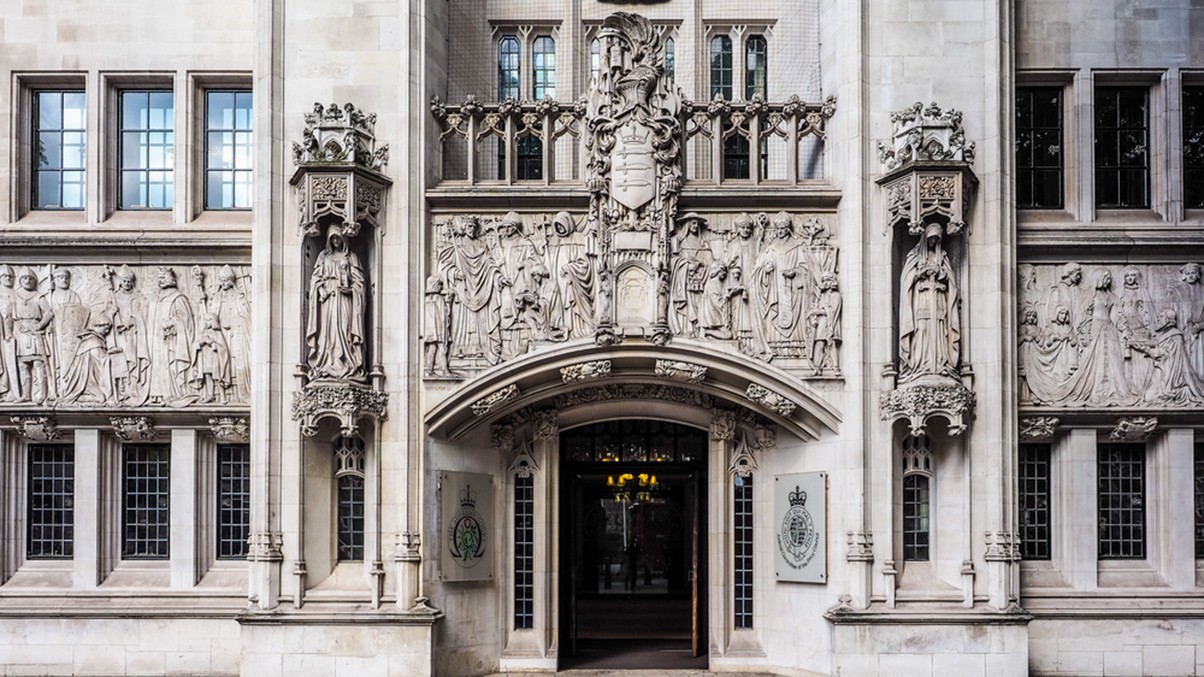In the recent case of Desai v Wood [2025] EWCA Civ 906, the Court of Appeal considered the treatment of insurance proceeds paid to an insolvent policyholder under a professional indemnity policy. The insurance proceeds related to an underlying claim by third-party claimants. The policyholder company went into voluntary liquidation following receipt of the insurance proceeds, but before liability had been established by the claimants or the money passed on by way of settlement. Although the proceeds related solely to the claimants’ claim and were not paid in respect of defence costs incurred, the insurance proceeds became a general asset in the insolvent estate, and the claimants were unable to establish any specific right over the funds.
Hebe Swain analyses the decision and the implications for third parties claiming against insured defendants in a precarious financial position.
Background
Dilip Desai and Paresh Shah (the “Appellants”) engaged the services of an interior design company, Boscolo Ltd (“Boscolo”), to design a refurbishment scheme for an apartment. The Appellants were advised that Listed Buildings Consent was not required for the refurbishment. The Appellants alleged that this advice was negligent and that they had suffered loss as a result. No finding on liability had been made, nor had any settlement been agreed.
The design contract between the Appellants and Boscolo required Boscolo to maintain professional indemnity insurance. Boscolo held a professional indemnity policy with Royal & Sun Alliance Ltd (“RSA”), which had a limit of indemnity of £250,000 inclusive of defence costs (the “Policy”). The policy contained a provision allowing RSA to elect to pay out the full limit of indemnity to Boscolo and thereby relinquish any liability for defence costs and control of the claim.
In August 2021, after a letter of complaint had been sent by the Appellants but before any formal proceedings had been issued, RSA chose to exercise its power under this provision and paid Boscolo the full limit of indemnity (£250,000).
The Appellants issued proceedings against Boscolo and RSA in October 2021, claiming over £700,000. A couple of weeks later, Boscolo entered creditors’ voluntary liquidation, and the statement of affairs listed what remained of the insurance proceeds (£246,000) as Boscolo’s only material asset. Boscolo had a number of liabilities in addition to its alleged liability to the Appellants.
The Third Parties (Rights Against Insurers) Act 2010 (the “Act”) did not apply, as RSA had paid the full indemnity and compromised the insurance claim prior to Boscolo entering liquidation. Therefore, Boscolo had no remaining rights under the Policy that would have transferred to the Appellants by operation of the Act.
High Court decision
At first instance, the Appellants argued that it was either an express or implied term of the design contract that the insurance proceeds should be held on trust for them. The Appellants also argued that there was a constructive trust in their favour over the insurance proceeds because either (1) it would be unconscionable for Boscolo to benefit from the insurance proceeds in the circumstances, or (2) a constructive trust was necessary to prevent Boscolo from being unjustly enriched. All arguments were rejected.
Court of Appeal decision
On appeal, the Appellants put forward more nuanced arguments around the alleged implied terms in the design contract. In summary, they argued that the design contract contained two implied terms that meant Boscolo should not dissipate the insurance proceeds or use them to pay other creditors if they had reasonable grounds to believe they would not otherwise be able to meet the Appellants’ claim. Instead, the proceeds should be used for the purpose for which the insurance was (compulsorily) purchased, ie to ensure Boscolo was financially able to compensate the Appellants.
In view of these implied terms, the Appellants argued that Boscolo held the insurance proceeds on an implied trust and should not be used except to satisfy the Appellants’ claim or for funding Boscolo’s defence.
The Court of Appeal considered both points, but noted that the critical question was whether the facts gave rise to a trust in favour of the Appellants. Establishing that the implied terms existed without establishing a trust would be of limited benefit to the Appellants, as they would only have a contractual claim and would be treated as general creditors of Boscolo. In contrast, if a trust could be established, this would ringfence the sums in favour of the Appellants.
For a term to be implied into the contract, it was uncontroversial between the parties that:
- the term must be necessary to give the contract business efficacy and/or be so obvious that it goes without saying, and
- the term must be capable of being formulated with sufficient clarity and precision.
The Court of Appeal considered these points and concluded that the test had not been met for a number of reasons, including the following:
- It may be of benefit to the Appellants that Boscolo’s liability insurance existed, but implying a term to ringfence the proceeds was not necessary to make the design contract work.
- There was significant uncertainty as to what the implied term would say. For example, in what financial circumstances would the clause be triggered, and what state of mind was required of the directors? A range of options could apply.
- The imposition of a trust would have important and onerous consequences on directors and anyone handling the proceeds, including the potential for personal liability. It was not clear that the parties would have intended to impose such obligations without defining their scope in precise terms.
- The Appellants agreed that Boscolo would be permitted to use the proceeds to fund its defence, but there was uncertainty around the scope of this permitted use.
- It was unclear what the position would be around the ringfencing of funds if more than one party were claiming against Boscolo and eroding the same limit of indemnity.
Given these uncertainties, the Court of Appeal considered it impossible to say what the scope of any implied term(s) would be.
Further, the Court of Appeal noted that a trust would only arise where there was certainty of intention, subject matter and object. The points above were relevant again. In addition, the Appellants’ agreement that Boscolo could use the proceeds to fund its defence gave rise to an inconsistency because it would allow the supposed trustee (Boscolo) to use the proceeds for its own purposes, which were directly opposed to those of the supposed beneficiaries (the Appellants). Further, Boscolo would be permitted to use the proceeds to their extinction, meaning the subject matter of the trust could not be certain.
Comment
It was established law prior to the handing down of this judgment that any insurance proceeds paid in relation to a third-party claim are an asset of the policyholder and that a third party claimant does not have a beneficial interest over these sums. This decision confirms that the same principle applies even when a third party’s contract with the policyholder requires them to hold the insurance under which the proceeds were paid. However, the decision also expressly confirms that it is not impossible for a trust to exist if the parties agree to the third party having a proprietary right or security interest over any relevant insurance proceeds.
In this case, the particular challenge for the Appellants was that Boscolo was on the brink of insolvency but had not yet entered an insolvency process when the insurance payment was made. Ironically, the Appellants would have been in a better position if Boscolo had entered an insolvency process prior to the payment being made, as they would have been able to claim directly against the insurer under the Third Parties (Rights Against Insurers) Act 2010.
Although this is an unappealing decision for claimants against insolvent defendants, third parties should draw comfort from the fact that the circumstances leading to this decision are relatively rare. The decision is only applicable where:
(1) insurance proceeds relating to a third-party claim are paid by an insurer to the policyholder (rather than to the third party or their solicitor), pursuant to a relevant term in the policy, and
(2) the policyholder enters an insolvency process after those funds have been paid but before they have been transferred to the third party.
Arguably, provisions in insurance policies allowing insurers to pay the limit of liability to an insured defendant before liability has been established work unfairly to the disadvantage of the claimants who are intended to be protected by the provision of the insurance. However, there is at present nothing precluding insurers from including and exercising such provisions in liability policies they issue.
You can find further information regarding our expertise, experience and team on our Policyholder Disputes page.
If you require assistance from our team, please contact us.
Subscribe – In order to receive our news straight to your inbox, subscribe here. Our newsletters are sent no more than once a month.





